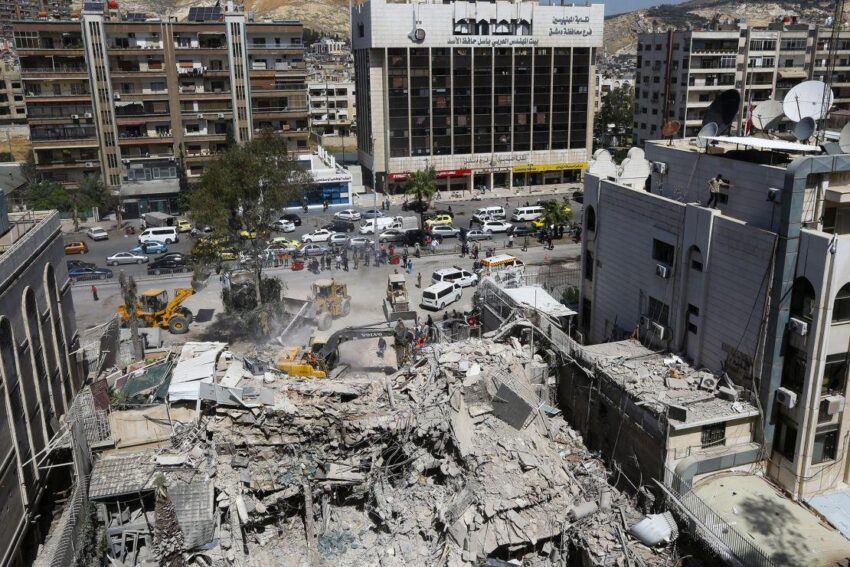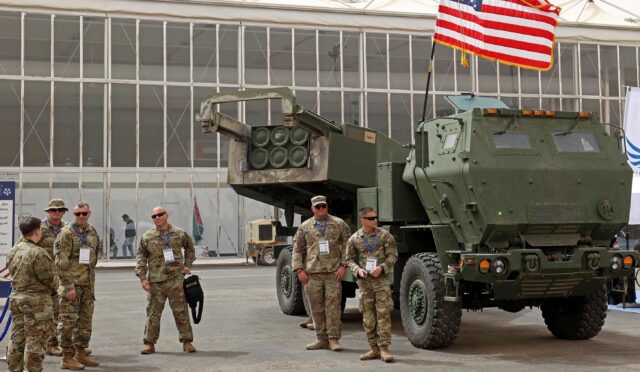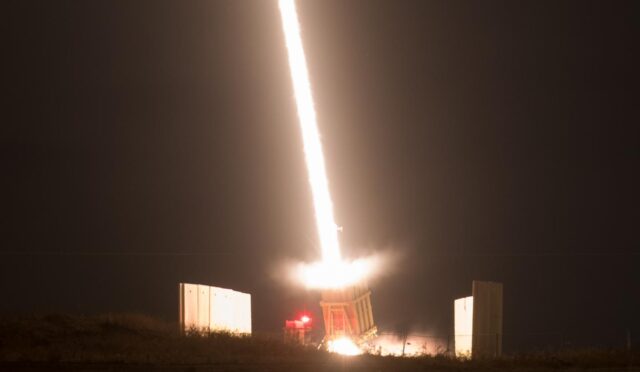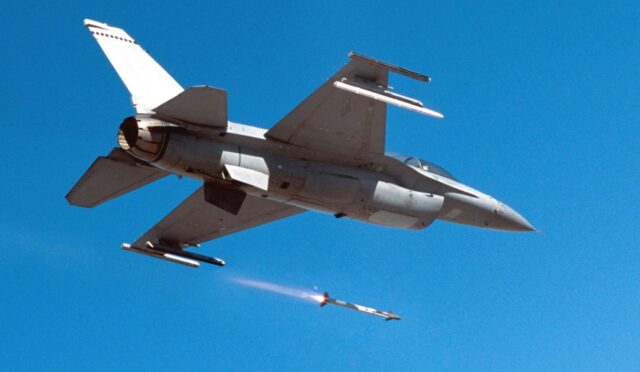Israel Airstrikes Iran: A New Era in Airspace Control
The Israeli military has announced a significant operation in Iran, claiming control over the airspace that stretches from western Iran to the capital city, Tehran. This operation involved around 70 fighter jets that conducted extensive airstrikes overnight. Military spokesperson Brigadier General Effie Defrin emphasized the new level of aerial freedom, stating, “We have created aerial freedom of action from western Iran all the way to Tehran.” This marks a pivotal shift in the regional power dynamics.
Defrin further explained that Tehran, which is roughly 450 kilometers from the Iraqi border, is no longer insulated from military operations. The strikes focused on more than 40 targets within the city, reflecting a bold step in Israel’s air campaign against the Islamic Republic. This operation marks the first instance where Israeli jets have fully operated in this specific airspace, illustrating a significant change in military strategy and capability.
Strategic Implications of the Strikes
The strikes on Tehran represent a notable escalation, with Defrin stating that this is the deepest incursion Israeli forces have undertaken into Iranian territory thus far. The implications of reaching Tehran are profound, both strategically and operationally, as it alters the existing power balance in the region. Defrin specifically noted that this increased capability potentially modifies how both nations might engage in future conflicts.
On the preceding Friday, Israel initiated a broad attack on Iran, reportedly targeting nearly 200 military and nuclear sites. This operation led to the deaths of key military leaders, nuclear scientists, and other high-ranking officials in Iran. The consequences of this assault have been severe, with Iranian authorities claiming 78 casualties and 320 individuals wounded in the initial waves of the attack.
Iran’s Retaliatory Measures
In response to the Israeli airstrikes, Iran launched retaliatory attacks consisting of drones and missiles aimed at various locations in Israel. This wave of retaliation has resulted in three Israeli fatalities and over 70 injuries, along with damage reported in multiple cities across the country. The escalation of violence underscores the high stakes involved in this ongoing conflict, with both nations intensifying their military postures.
This series of attacks illustrates a rapidly deteriorating situation that could lead to further confrontations. As tensions escalate, the potential for broader regional instability grows, with both sides prepared to leverage their military capabilities. Observers are watching closely, as each nation considers its next strategic moves in this volatile environment.







